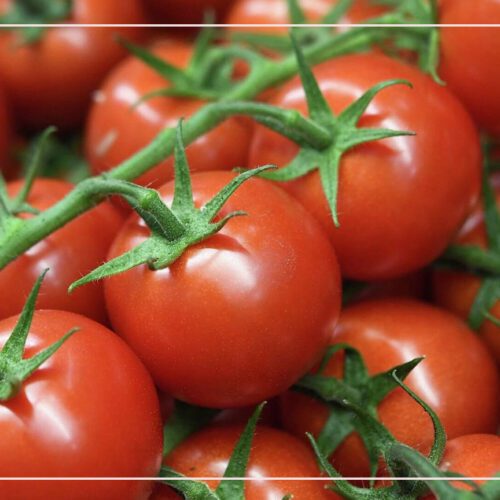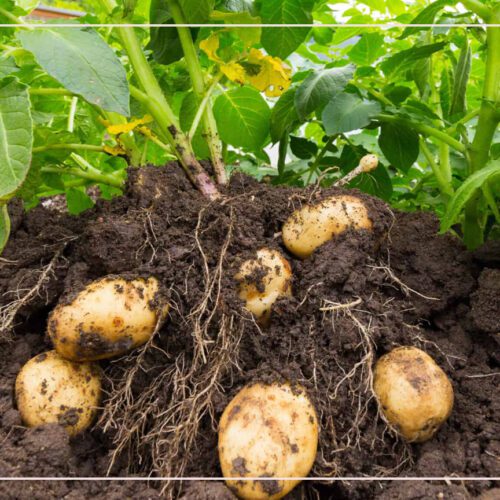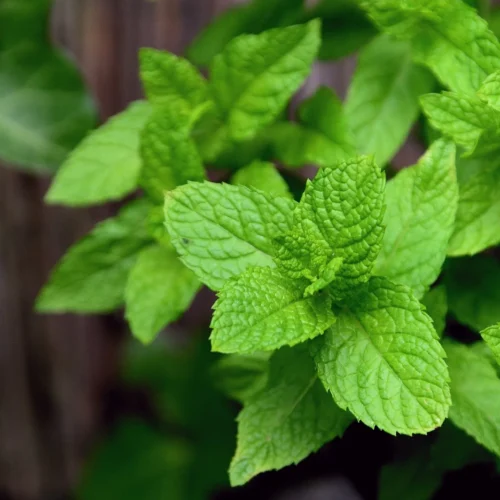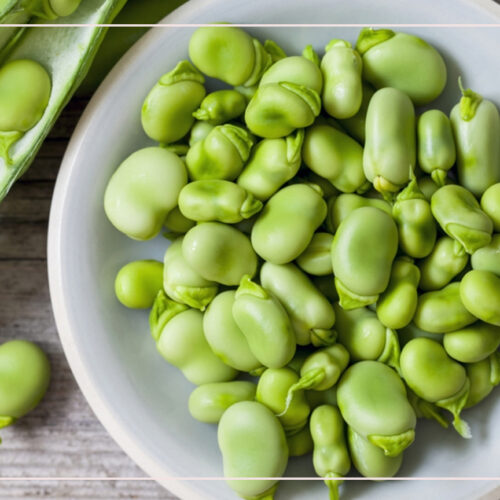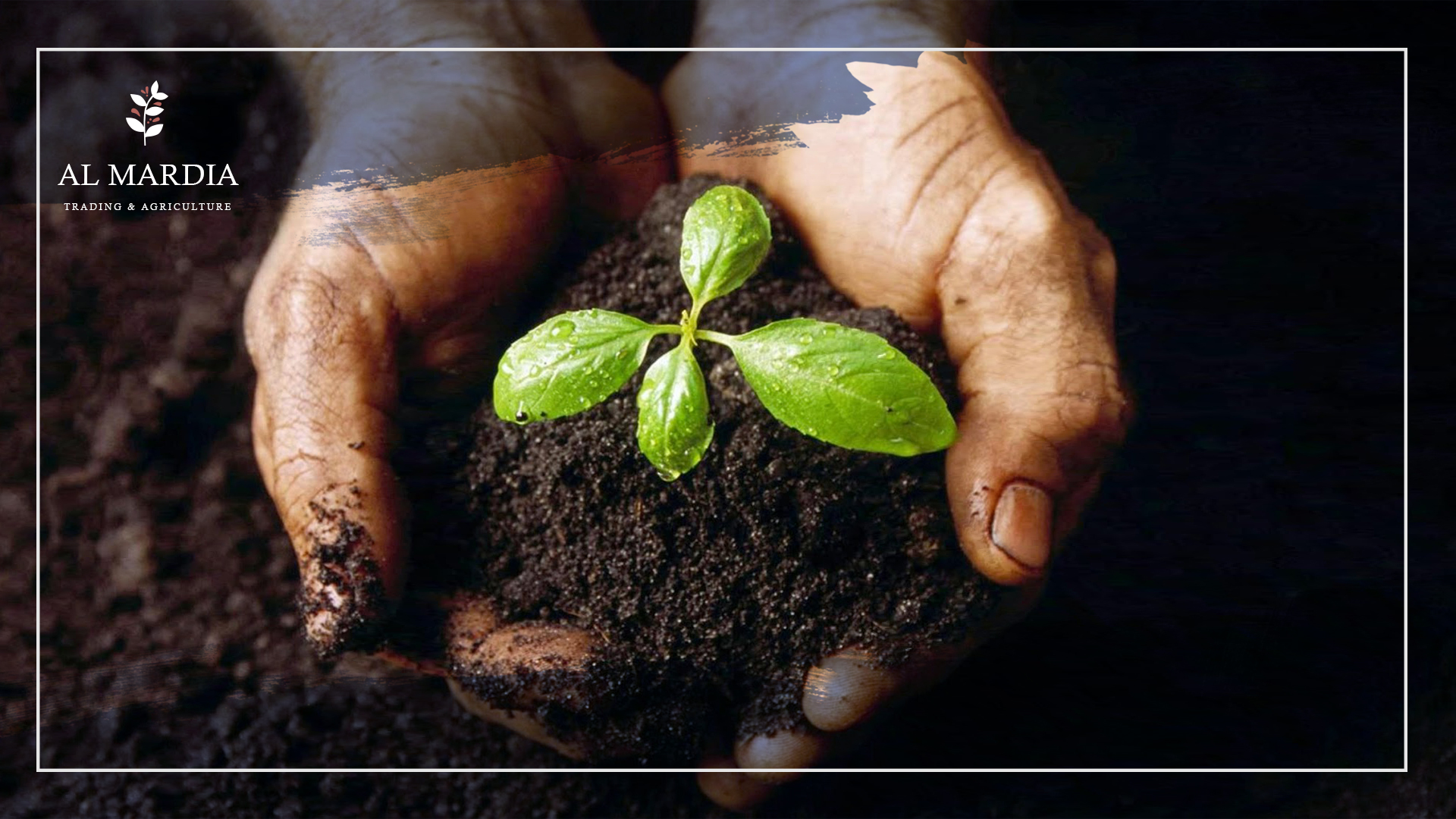
Soil Organic Matter
Organic matter is an essential ingredient for healthy, productive soils. It improves soil structure, provides nutrients, and increases water retention capacity. Without it, agricultural production is not sustainable and farms are unable to support crop production in a long-term, sustainable way. Organic matter is the lifeblood of fertile soils and its importance to agriculture cannot be understated. In this article, we will get across soil organic matter, its benefits, and how to be properly used.
It plays a crucial role in sustaining life on earth. It is any living or dead animal and plant material, which includes living plant roots and animals, plant, and animal remains at various stages of decomposition, and microorganisms and their excretions. Organic matter helps to provide essential nutrients to the soil, retain moisture, improve soil structure, reduce soil erosion, filter pollutants from water sources, promote microbial activity in the soil, and support a diverse range of organisms.
Organic matter forming process:
The process of decomposition is essential for any agriculture-based farming operation. Organic matter such as plant litter and animal manures are the main sources of organic matter on farms, and earthworms and microorganisms play a key role in breaking down these materials. Decomposing organic matter provides essential nutrients to the soil, promoting healthy crop growth.
The final product of decomposition is humus, a crumbly black substance that doesn’t break down further. It’s a complex compound that stores essential nutrients for plants and also helps retain moisture while improving soil structure.
Decomposition:
The speed at which organic matter breaks down is impacted by several soil factors, such as temperature, moisture, aeration, pH, and available nutrient
As the climate gets warmer and wetter, the rate of organic matter decomposition increases. Conversely, cooler areas preserve more soil organic matter since it does not degrade as quickly in lower temperatures.
Organic matter that is waterlogged decomposes slowly as the microorganisms essential for decomposition are unable to survive in oxygen-deprived environments. These soils, known as peats, have a high organic content due to the slow rate of decomposition.
Soil acidity can significantly impact the amount of organic matter present. As soil pH decreases, microorganisms become less active and are unable to break down organic matter as quickly. This leads to an accumulation of organic matter in soils with low pH levels, resulting in an increase in overall soil fertility.
Benefits of organic matter
Improve soil structure:
After organic matter decomposes into humus, humus molecules act as a ‘cement’ to bind together sand, silt, clay, and organic matter into soil aggregates that remain intact when saturated with water. This cementing process combined with the anchoring effect of plant roots and fungal strands contributes to making the soil aggregates water-stable and long-lasting.
Improves drainage
The larger aggregate structure of the soil aids in improving drainage by increasing the spaces between them, thus facilitating better air and water movement.
Keep moisture:
The aggregates have the capacity to retain moisture, which helps in the absorption and storage of large amounts of water for use by plants. Humus molecules play an integral role in this process too.
Provides nutrients
Organic material is a fundamental source of nitrogen, phosphorus, and sulfur. These essential nutrients become accessible as the organic matter gets decomposed by microbes. As it takes some time for this degradation to take place, organic matter acts as a gradual nutrient supplier.
Improves cation exchange capacity
Humus molecules are colloids, exhibiting a negative charge with a significant surface area. Owing to this, they can store large amounts of positively charged nutrients such as calcium, magnesium, and potassium until the time when plants need them.
You can now check the full list of Agricultural Products
How to enrich soil organic matter?
Grow perennial pasture:
Establishing a perennial pasture by planting perennial grasses is an effective way of increasing organic matter in farm soils. This is because the short-lived annual grasses offer dead roots and the perennials supply leaf matter.
Grow cereal crops:
Cereals are a profitable crop to cultivate and harvesting them can leave behind large amounts of organic matter in their roots and stubble.
Grow green manure crops:
Growing green manure crops is a great way to improve the quality and fertility of the soil. These crops create a protective layer until they are turned over, generating an immediate increase in organic matter. However, it does not have much impact in terms of long-term organic matter levels due to the rapid breakdown of these crops.
Use organic fertilizers:
Organic fertilizers are a cost-effective and sustainable way to increase the organic matter content of the soil. These fertilizers contain naturally occurring microorganisms and minerals that can help build soil structure, improve water retention and retain nutrients. However, they are generally less cost-effective than inorganic fertilizers when it comes to supplying nutrients. We all know that sustainable agriculture does not seek quick profits while it is a long-term investment. This is what makes using organic fertilizers and some supporting organic products a tremendous stride towards environmentally friendly agriculture.
Concentrate organic matter:
Instead of introducing more inputs, a better approach is to use the existing resources more efficiently. Organic additions such as roots, stubble, and manure should be kept close to the surface level. The soil stability depends on the amount of organic matter present at the top layer, not on its overall quantity in the soil.
Fortunately, many products can help with increasing soil fertility and aeration in the root zone. It gives promising results for all kinds of plants, trees, shrubs, and edibles. See Growthmax
In conclusion, soil organic matter is an essential factor in farming and its careful management can significantly improve soil productivity. Through the preservation and accumulation of soil organic matter, farmers can increase their profitability while providing a more sustainable environment. Such practices are increasingly being adopted by farmers around the world as they recognize the benefits of utilizing this valuable resource.
Related Topic
Excess Sulfur in The Soil
Common Questions:
What is the function of organic matter in soil?
Organic matter plays a crucial role in the health of soils. It helps to increase the water-holding capacity and porosity, as well as improve aeration. In addition, organic content provides nutrients for plant growth, helps to break down pollutants, and provides food for soil microorganisms
How do you maintain organic matter in soil?
There are a number of ways to maintain organic matter in the soil, including using compost and mulch, adding cover crops, and minimizing tillage. By taking these steps, farmers can ensure that their grounds remain healthy and productive for years to come.
How long does it take to build organic matter in soil?
If a considerable amount of manure is added to the soil, it would be feasible to increase the organic content by 0.17% annually. Thus, it is more practical to set an objective of ascending soil organic matter by 1% over a decade rather than in one year.

